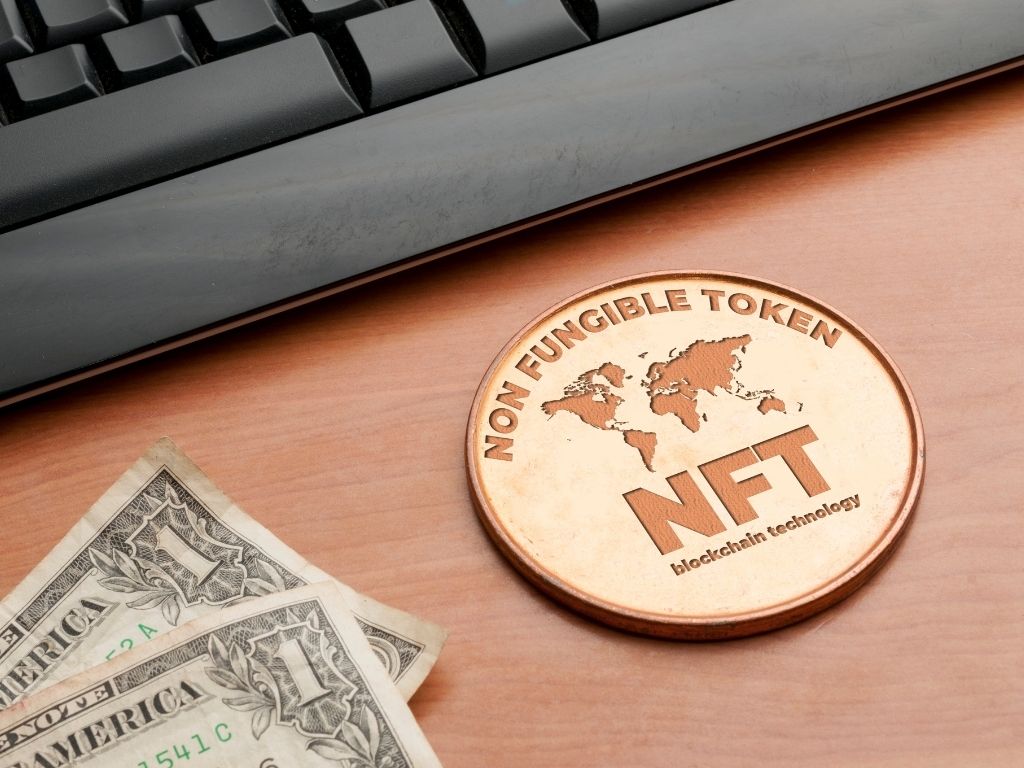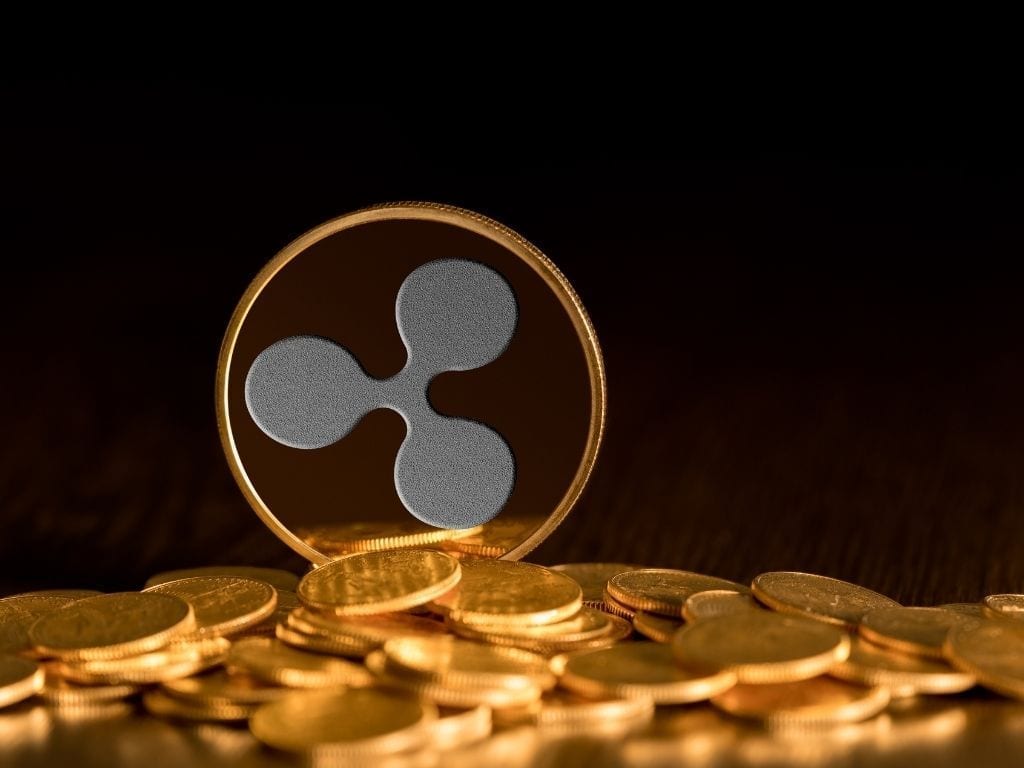Amazing Ways Of Using NFTs for Intellectual Property Protection in 2024
In 2024, non-fungible tokens (NFTs) are becoming an important part of protecting intellectual property (IP). As digital assets grow in popularity, understanding how NFTs relate to IP laws is essential for creators and businesses. This article breaks down the key concepts and offers strategies to help safeguard your digital creations in this evolving landscape.
Key Takeaways
- NFTs are digital tokens that prove ownership of unique items, but owning an NFT doesn’t always mean you own the copyright.
- Creators should clearly state what rights buyers have when they purchase an NFT to avoid misunderstandings.
- Trademark protection is important for NFT collections to prevent unauthorized use and to maintain brand reputation.
- Monitoring NFT marketplaces helps creators protect their IP rights from potential infringements.
- Licensing agreements are vital when collaborating with others or using third-party IP in NFTs to avoid legal issues.
Understanding NFTs in Intellectual Property Protection
Defining NFTs and Their Role in IP
Non-fungible tokens, or NFTs, are unique digital assets that represent ownership of a specific item or piece of content, often linked to art, music, or virtual goods. These tokens are stored on a blockchain, ensuring their authenticity and ownership. Unlike cryptocurrencies, which are interchangeable, NFTs are one-of-a-kind, making them valuable in the realm of intellectual property (IP) protection.
Historical Context and Evolution
NFTs have evolved significantly since their inception. Initially, they were primarily used for digital art, but their applications have expanded to include music, gaming, and even virtual real estate. This growth has prompted a need for clearer legal frameworks to protect the rights of creators and owners. The rise of NFTs has also highlighted the importance of understanding how traditional IP laws apply in this new digital landscape.
Key Legal Definitions and Concepts
Understanding the legal aspects of NFTs is crucial for creators and buyers alike. Here are some key concepts:
- Ownership: Buying an NFT does not automatically grant copyright ownership. The creator usually retains these rights.
- Licensing: Clear licensing agreements are essential to define how the NFT can be used by the buyer.
- Infringement: Using someone else’s work without permission can lead to legal issues, especially in the NFT space.
NFTs represent a new frontier in digital ownership, but they also come with complex legal challenges that must be navigated carefully.
| Concept | Description |
|---|---|
| Ownership | Rights retained by the creator despite the sale of the NFT. |
| Licensing | Agreements that specify how the NFT can be used by the buyer. |
| Infringement | Legal issues arising from unauthorized use of copyrighted material. |
Copyright Considerations for NFTs
Ownership and Rights
When you buy an NFT, it doesn’t mean you own the copyright to the artwork or music. The original creator usually keeps the copyright, and you only get a limited right to use the digital item for personal enjoyment. This means you can’t just sell it or use it commercially without permission.
Licensing and Copyright Infringement
Creators need to be clear about what rights they are giving to buyers. If they don’t, it can lead to misunderstandings or even legal issues. Here are some important points to remember:
- Always define the scope of the license.
- Ensure that the NFT doesn’t include copyrighted material from others.
- Be aware that using someone else’s work without permission can lead to lawsuits.
Secondary Sales and Copyright
When an NFT is sold again, the original creator might find it hard to enforce their copyright. To protect themselves, creators should:
- Clearly state the terms of the license.
- Consider including resale royalties in the agreement.
- Stay informed about how secondary sales work in the NFT market.
Understanding copyright in the NFT space is crucial for both creators and buyers. It helps prevent disputes and ensures everyone knows their rights and responsibilities.
In summary, copyright issues in NFTs are complex but essential to grasp. By being aware of ownership rights, licensing, and secondary sales, participants in the NFT market can better protect their interests and creations.
Trademark Implications in the NFT Ecosystem
Trademark Protection for NFT Collections
Creators and businesses can seek trademark protection for their NFT collections. This helps protect the reputation of the collection and prevents unauthorized use of the brand. By securing trademarks, they can establish a strong identity in the digital marketplace.
Potential Trademark Infringement Issues
NFT creators need to be careful when using third-party trademarks in their digital assets. If they include these trademarks, they might face infringement claims. This is especially true if the use of those trademarks could confuse consumers or suggest an endorsement from the trademark owner.
Case Studies and Legal Precedents
Several cases have highlighted the importance of understanding trademark laws in the NFT space. For instance, a recent case showed that using a trademark in an NFT can satisfy the “use in commerce” requirement under the Lanham Act. This means that if a mark is used when selling an NFT, it may be eligible for trademark protection.
Understanding the balance between creativity and legal rights is crucial for NFT creators. They must navigate the complexities of trademark law to protect their work while avoiding potential legal pitfalls.
In summary, the intersection of NFTs and trademarks is evolving. Creators should:
- Seek trademark protection for their collections.
- Avoid using third-party trademarks without permission.
- Stay informed about legal precedents to safeguard their rights.
By being proactive, NFT creators can better protect their intellectual property in this new wealth frontier with blockchain and real-world assets.
Utilizing Trade Secrets and Patents with NFTs
Protecting Trade Secrets in NFTs
In the world of NFTs, keeping certain information private can be crucial. Businesses can protect their know-how and unique processes as trade secrets. Here are some key points to consider:
- Establish strict confidentiality measures.
- Limit access to sensitive information.
- Regularly train employees on the importance of trade secrets.
Patent Protection for NFT Technologies
If a company develops new technologies related to NFTs, they might want to consider getting a patent. However, the process can be long and complex. Here are some things to keep in mind:
- Ensure the invention is new and useful.
- Understand that public disclosure happens once a patent is granted.
- Weigh the benefits of patenting against the potential loss of competitive advantage.
Balancing Disclosure and Competitive Advantage
When deciding whether to patent an invention, companies must think about how much information to share. Finding the right balance is essential. Here are some strategies:
- Keep certain processes as trade secrets while patenting others.
- Regularly review and update IP strategies.
- Consult with legal experts to navigate the complexities of IP law.
In the rapidly evolving NFT landscape, understanding how to protect your intellectual property is vital for maintaining a competitive edge.
By utilizing trade secrets and patents effectively, businesses can safeguard their innovations and ensure their success in the NFT market. Remember, the right strategy can make all the difference in protecting your intellectual property rights.
Strategies for Safeguarding IP Rights in NFTs
Defining Licenses and Terms
To protect your intellectual property (IP) rights in the NFT space, it is crucial to clearly define licenses and terms. This means:
- Specifying what buyers can and cannot do with the NFT.
- Outlining rights for reproduction, distribution, and adaptation of the digital asset.
- Ensuring that all terms are easy to understand.
Monitoring NFT Marketplaces
Regularly keeping an eye on NFT marketplaces is essential. Here are some steps to consider:
- Check for unauthorized use of your IP.
- Look for potential infringement of your rights.
- Be prepared to take legal action if necessary.
Collaborations and Licensing Agreements
When working with others or using third-party IP, it’s important to:
- Obtain the right permissions.
- Create formal licensing agreements.
- Avoid any possible infringement claims.
Staying proactive is key to protecting your creations in the NFT world. Understanding your rights and responsibilities can help you navigate this complex landscape effectively.
By implementing these strategies, you can better safeguard your IP rights in the evolving NFT ecosystem. Remember, the relationship between NFTs and intellectual property is intricate, and staying informed is your best defense.
The Future of NFTs and Intellectual Property Law
Emerging Trends and Predictions
The world of NFTs is changing quickly, and understanding these changes is crucial. As we move into 2024, we can expect:
- Increased use of NFTs in various industries, including art, music, and gaming.
- More legal frameworks being developed to protect creators and buyers.
- Greater awareness of intellectual property rights among NFT users.
Potential Legal Reforms
Legal systems are adapting to the rise of NFTs. Some possible reforms include:
- Clearer definitions of ownership rights for NFT creators and buyers.
- New laws to address copyright and trademark issues specific to NFTs.
- Enhanced penalties for IP infringement in the NFT space.
Impact of Technological Advancements
Technology will continue to shape the NFT landscape. Key impacts may include:
- Improved security measures to protect digital assets.
- More user-friendly platforms for buying and selling NFTs.
- Innovations in smart contracts that automate licensing agreements.
As NFTs grow, it’s essential to stay informed about the legal landscape to protect your rights and creations.
In summary, the future of NFTs and intellectual property law is bright but complex. By understanding these trends, creators and users can better navigate this exciting new world. The importance of IP protection will only increase as the market evolves, making it vital for everyone involved to stay updated.
Conclusion
In 2024, using NFTs to protect your intellectual property is more important than ever. As the digital world grows, understanding how NFTs work with copyright and trademark laws can help you keep your creations safe. By registering trademarks for your NFT collections and keeping an eye on marketplaces for any misuse, you can defend your rights. Collaborating with others is great, but always get permission first to avoid legal trouble. With the right knowledge and strategies, you can confidently navigate the NFT space, ensuring your digital assets are protected while enjoying the benefits of this exciting technology.
Frequently Asked Questions
What are NFTs and how do they relate to intellectual property?
NFTs, or non-fungible tokens, are unique digital items stored on a blockchain. They can represent ownership of digital art, music, and more, connecting them to intellectual property rights.
Do I own the copyright when I buy an NFT?
Buying an NFT usually does not mean you own the copyright. The original creator often keeps the copyright, giving the buyer limited rights.
How can I protect my trademarks in the NFT space?
To protect trademarks, it’s important to register them and monitor NFT marketplaces for unauthorized use. This helps in enforcing your rights.
What should I consider when creating an NFT that uses someone else’s work?
If your NFT includes someone else’s work, you need permission to avoid copyright issues. Always check for rights before using other people’s content.
Can I sell an NFT I bought?
Yes, you can sell an NFT you purchased. However, the rights you have may be limited, so check the terms that came with it.
What are the future trends for NFTs and intellectual property?
The future may see more legal clarity on NFTs and stronger protections for creators. Innovations in technology will also affect how NFTs are used.
Stay informed with daily updates from Blockchain Magazine on Google News. Click here to follow us and mark as favorite: [Blockchain Magazine on Google News].
Get Blockchain Insights In Inbox
Stay ahead of the curve with expert analysis and market updates.
latest from tech
Disclaimer: Any post shared by a third-party agency are sponsored and Blockchain Magazine has no views on any such posts. The views and opinions expressed in this post are those of the clients and do not necessarily reflect the official policy or position of Blockchain Magazine. The information provided in this post is for informational purposes only and should not be considered as financial, investment, or professional advice. Blockchain Magazine does not endorse or promote any specific products, services, or companies mentioned in this posts. Readers are encouraged to conduct their own research and consult with a qualified professional before making any financial decisions.

 Bitcoin
Bitcoin  Ethereum
Ethereum  Tether
Tether  XRP
XRP  Solana
Solana  Dogecoin
Dogecoin  USDC
USDC  Lido Staked Ether
Lido Staked Ether  Cardano
Cardano  TRON
TRON  Avalanche
Avalanche  Chainlink
Chainlink  Toncoin
Toncoin  Wrapped stETH
Wrapped stETH  Shiba Inu
Shiba Inu  Wrapped Bitcoin
Wrapped Bitcoin  Sui
Sui  Stellar
Stellar  Polkadot
Polkadot  Hedera
Hedera  Hyperliquid
Hyperliquid  WETH
WETH  Bitcoin Cash
Bitcoin Cash  LEO Token
LEO Token  Uniswap
Uniswap  Litecoin
Litecoin  Pepe
Pepe  Wrapped eETH
Wrapped eETH  NEAR Protocol
NEAR Protocol  Ethena USDe
Ethena USDe  USDS
USDS  Aptos
Aptos  Aave
Aave  Internet Computer
Internet Computer  Cronos
Cronos  POL (ex-MATIC)
POL (ex-MATIC)  Mantle
Mantle  Ethereum Classic
Ethereum Classic  Render
Render  WhiteBIT Coin
WhiteBIT Coin  Monero
Monero  MANTRA
MANTRA  Dai
Dai  Bittensor
Bittensor  Artificial Superintelligence Alliance
Artificial Superintelligence Alliance  Arbitrum
Arbitrum  Ethena
Ethena 



